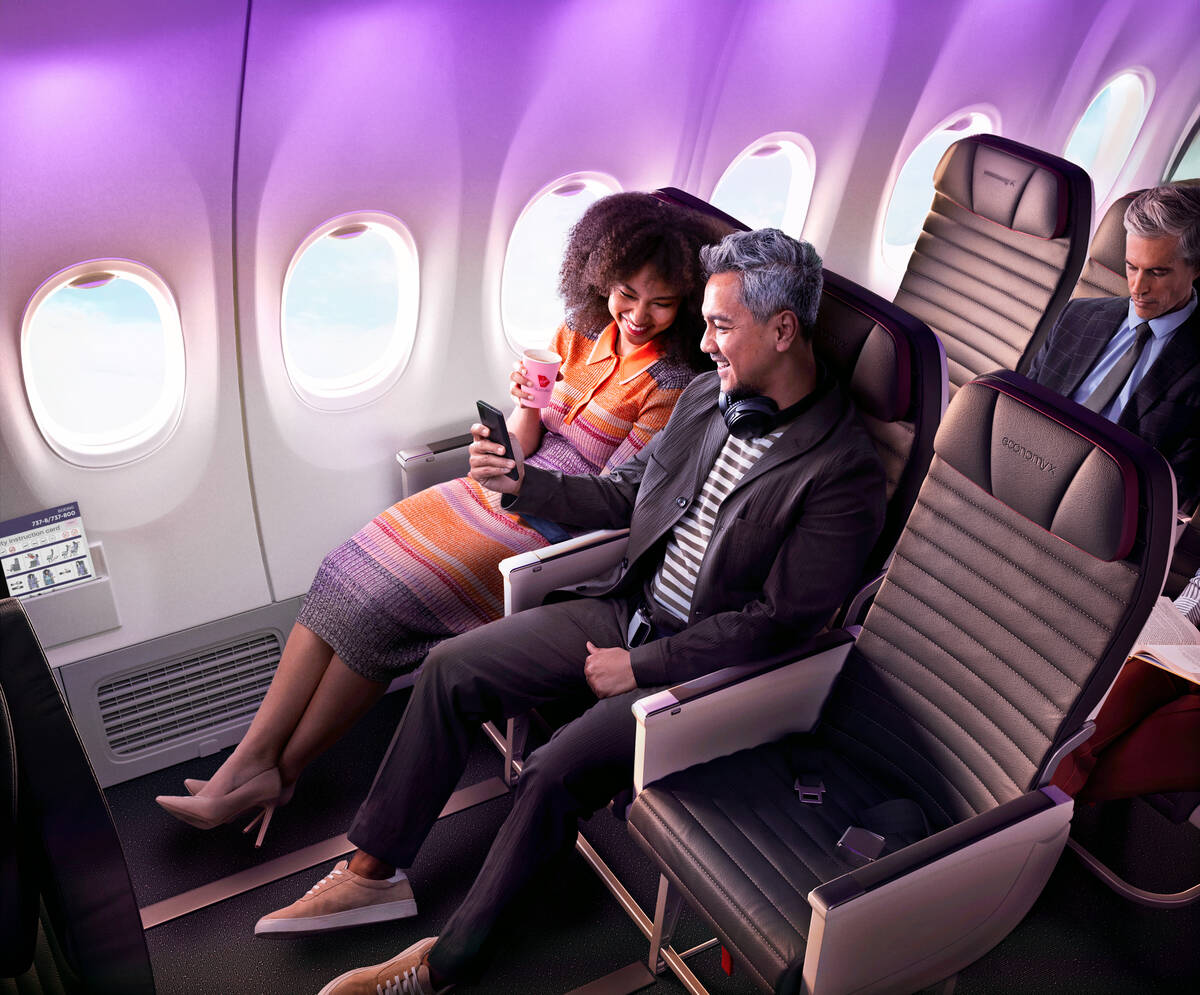Access selected deals available with budget and full-service airlines
Lock any airfare that sounds great. You don’t lose anything if you cancel it
Call us anytime for any assistance. We do not go into hibernation
Your personal and financial information stays secure with us
Virgin Australia, officially Virgin Australia Airlines Pty Ltd, is Australia’s second-largest airline, celebrated for its vibrant brand, customer-focused service, and competitive presence in the domestic and short-haul international aviation market. Founded on August 31, 2000, as Virgin Blue by Sir Richard Branson’s Virgin Group, it is headquartered at Virgin Village, South Bank, Brisbane, Queensland. Operating major hubs at Brisbane (BNE), Melbourne (MEL), and Sydney (SYD) airports, Virgin Australia serves 33 Australian destinations and select international routes across the South Pacific, Asia, and the Middle East through partnerships. A member of no global alliance but with extensive codeshare agreements, including a landmark 25% stake acquisition by Qatar Airways in 2024, the airline operates a fleet of 80+ Boeing 737 aircraft. Virgin Australia’s transformation from a low-cost carrier to a hybrid model blending full-service and value offerings has earned it accolades, including the 2023 Skytrax Best Cabin Crew award. With over 8,000 employees and a commitment to sustainability, Virgin Australia aims to be “Australia’s most loved airline.”

Virgin Australia launched as Virgin Blue, a low-cost carrier, with two Boeing 737s on the Brisbane–Sydney route, capitalizing on the collapse of Ansett Australia in 2001 to secure terminal space and market share. By 2003, it expanded to 20 aircraft, serving key domestic routes. In 2007, plans for long-haul operations under V Australia were announced, with Boeing 777-300ER flights to Los Angeles starting in 2009. The 2011 “Game Change” program, led by CEO John Borghetti, rebranded Virgin Blue as Virgin Australia, introducing Business Class and absorbing V Australia and Pacific Blue into a unified full-service brand.
The airline faced financial strain, entering voluntary administration in April 2020 due to the COVID-19 pandemic. Bain Capital acquired it in November 2020, restructuring it as a value carrier. A multi-year transformation followed, with fleet growth, new hires, and a return to profitability in 2023—the first in over a decade. In 2024, Qatar Airways acquired a 25% stake, enabling wet-lease flights to Doha from Sydney, Melbourne, Brisbane, and Perth by mid-2025. On June 24, 2025, Virgin Australia re-listed on the Australian Securities Exchange (ASX) with a A$685 million IPO, valuing the airline at A$2.28 billion and reducing Bain’s stake to 40%.
Virgin Australia operates a streamlined fleet of 84 aircraft as of June 2024, primarily Boeing 737s, with an average age of 10 years:
The airline retired its Boeing 777-300ERs in 2020, ending long-haul operations, and phased out ATR 72s and Embraer E170s. Maintenance is managed by Virgin Australia Engineering, with facilities in Brisbane and Melbourne. Future fleet plans include expanding to 100 aircraft by 2030, supported by the Boeing 737 MAX order.